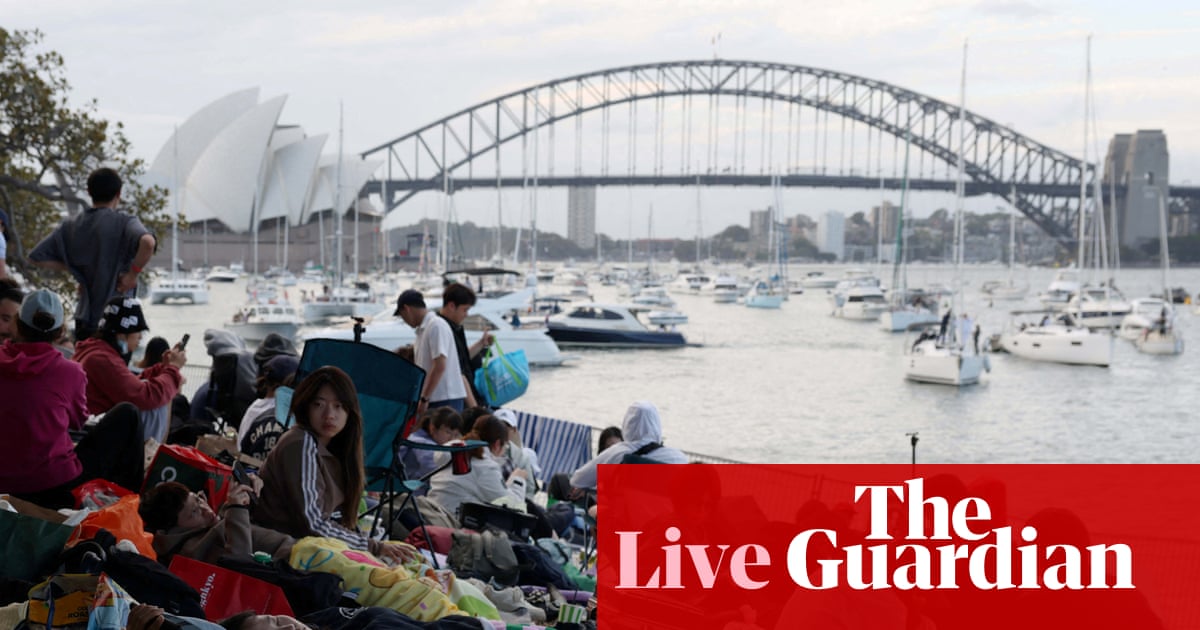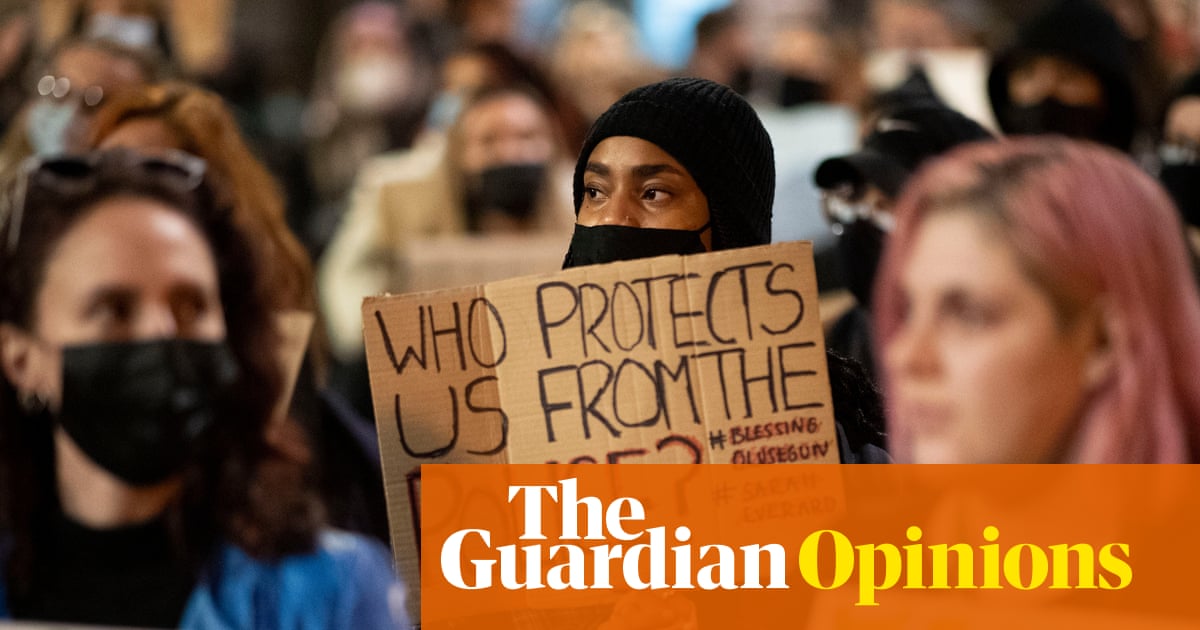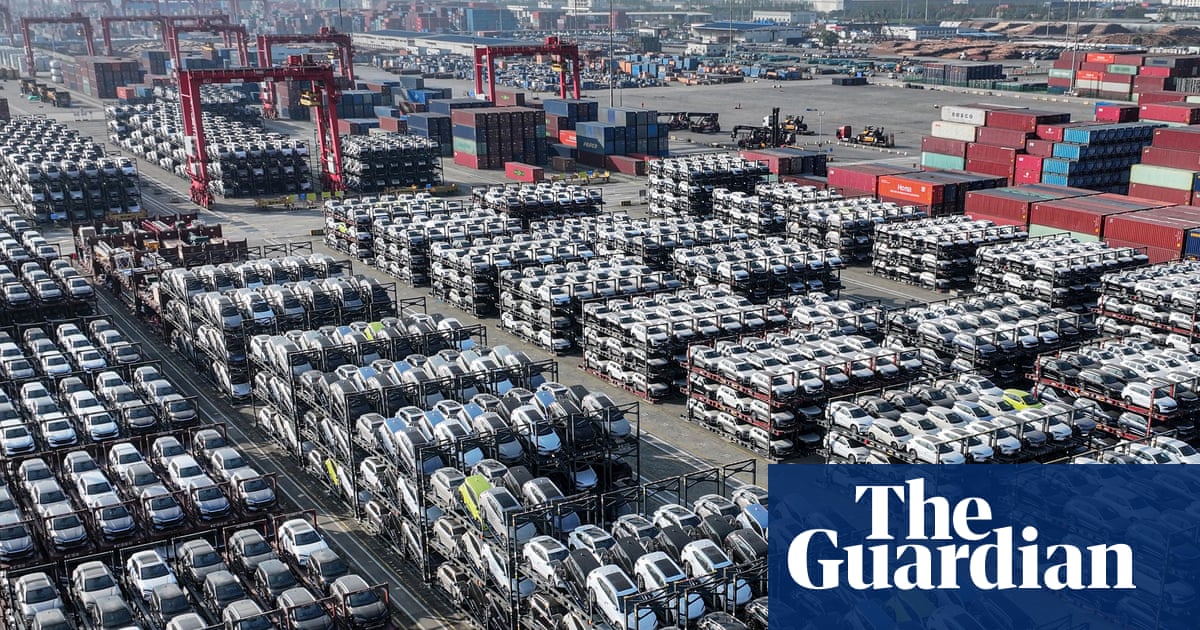The UK and the United States have sanctioned a multinational network based in south-east Asia accused of running large-scale online scam operations that are suspected of using trafficked workers to defraud people around the world.
The industry has flourished in recent years, especially in parts of Cambodia and Myanmar where hundreds of thousands of people have been duped by false job adverts and then forced to commit online fraud, including through romance scams, sometimes under the threat of torture.
The US treasury department said it had taken what it described as the largest action ever in south-east Asia, targeting 146 people connected to the Prince Group, which the UK also sanctioned.
Those sanctioned include the head of the Prince group, Chen Zhi, as well as more than a dozen individuals connected to his business operations across south-east Asia and the Pacific.
What is the Prince Group and who is Chen Zhi?
According to the US department of justice, Chen Zhi, 38, also known as “Vincent”, is the founder and chairman of Prince Holding Group (Prince Group), a multinational business conglomerate based in Cambodia which according to its website is focused on “real estate development, financial services and consumer services”.
On 14 October, US authorities said Chen, who remains at large, had been charged with wire fraud conspiracy and money laundering conspiracy for directing Prince Group’s operation of forced labour scam compounds across Cambodia.
Chen’s rapid ascent to wealth has won him significant political influence, including reported advisory roles to Cambodia’s prime minister. Chen, born in China in 1987, is thought to have bought citizenship in Cyprus and Vanuatu, and is also a Cambodian national.
Why have they been sanctioned?
The US justice department alleged people had been forcibly detained in the scam compounds connected to the group and made to engage in a range of fraudulent schemes that stole billions of dollars from victims in the US and globally.
As part of the investigation into Chen, the US and UK have seized $15bn (£11.3bn) in bitcoin and frozen London assets.
The frozen properties are thought to include a £12m mansion on Avenue Road, one of London’s most expensive addresses, a £95m office block on Fenchurch Street in the heart of the City of London’s financial district, and several flats in central London.
“Today the FBI and partners executed one of the largest financial fraud takedowns in history,” said FBI director Kash Patel in a statement about the actions.
Who else is involved?
According to the US assistant attorney general, Chen was the alleged “mastermind behind a sprawling cyber-fraud empire operating under the Prince Group umbrella”. He was placed on a US sanctions list this October alongside more than a dozen other individuals believed to be involved in his business empire.
More than 100 business entities – registered in Cambodia, Singapore, Hong Kong and Taiwan among others – were also placed on a sanctions list because of alleged links to Chen.
What will the sanctions do?
Cambodia’s interior ministry spokesperson told Agence France-Presse that the government would cooperate with other countries in the case against Chen.
“We are not protecting individuals that violate the law,” Touch Sokhak said. “But it does not mean that we are accusing Prince Group or Chen Zhi of committing crimes like the allegations made by the US or the UK.”
Despite the unprecedented tranche of sanctions, experts say the scam industry is still massive, with the UN estimating in 2023 that about 100,000 people were being forced to carry out online scams in Cambodia, as well as at least 120,000 in Myanmar and tens of thousands in Thailand, Laos and the Philippines.
Given the prevalence of the industry in several south-east Asian countries, some fear any arrests will leave a vacuum for other transnational groups to swoop in.

 2 months ago
87
2 months ago
87

















































